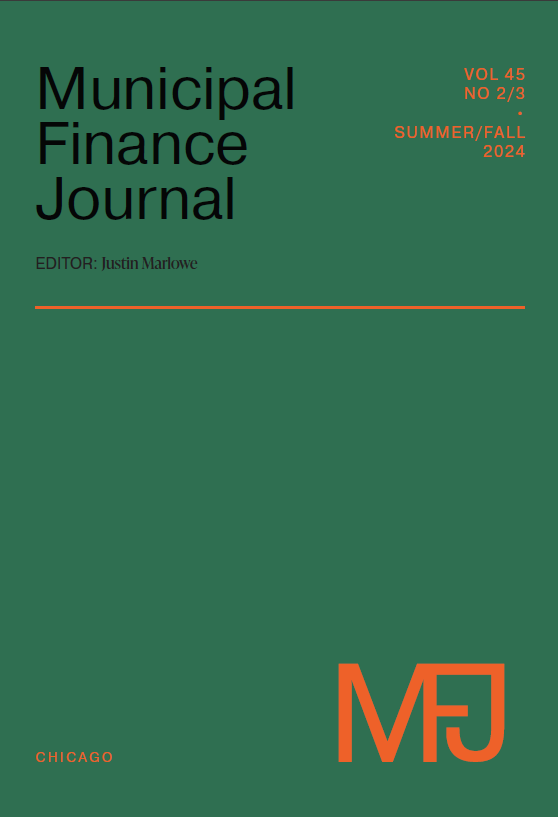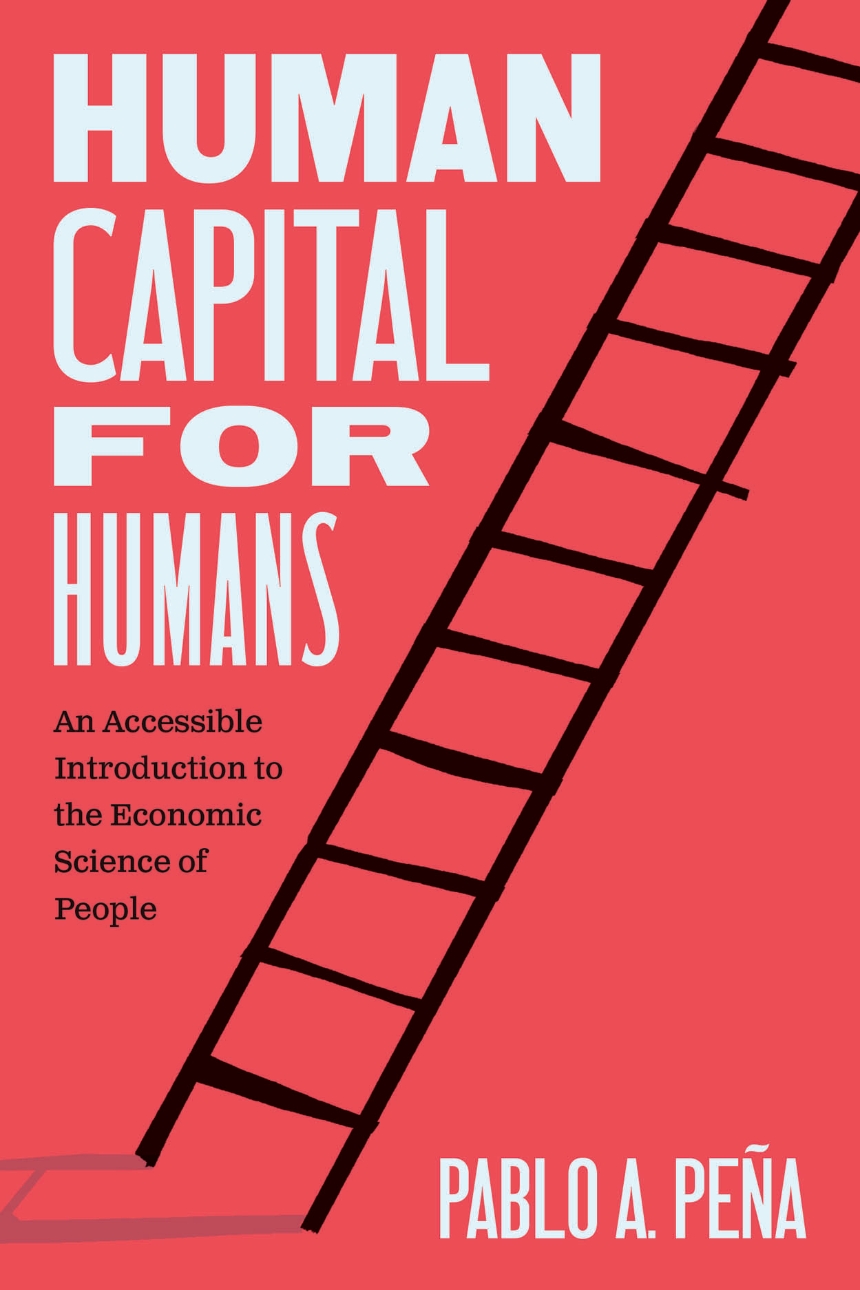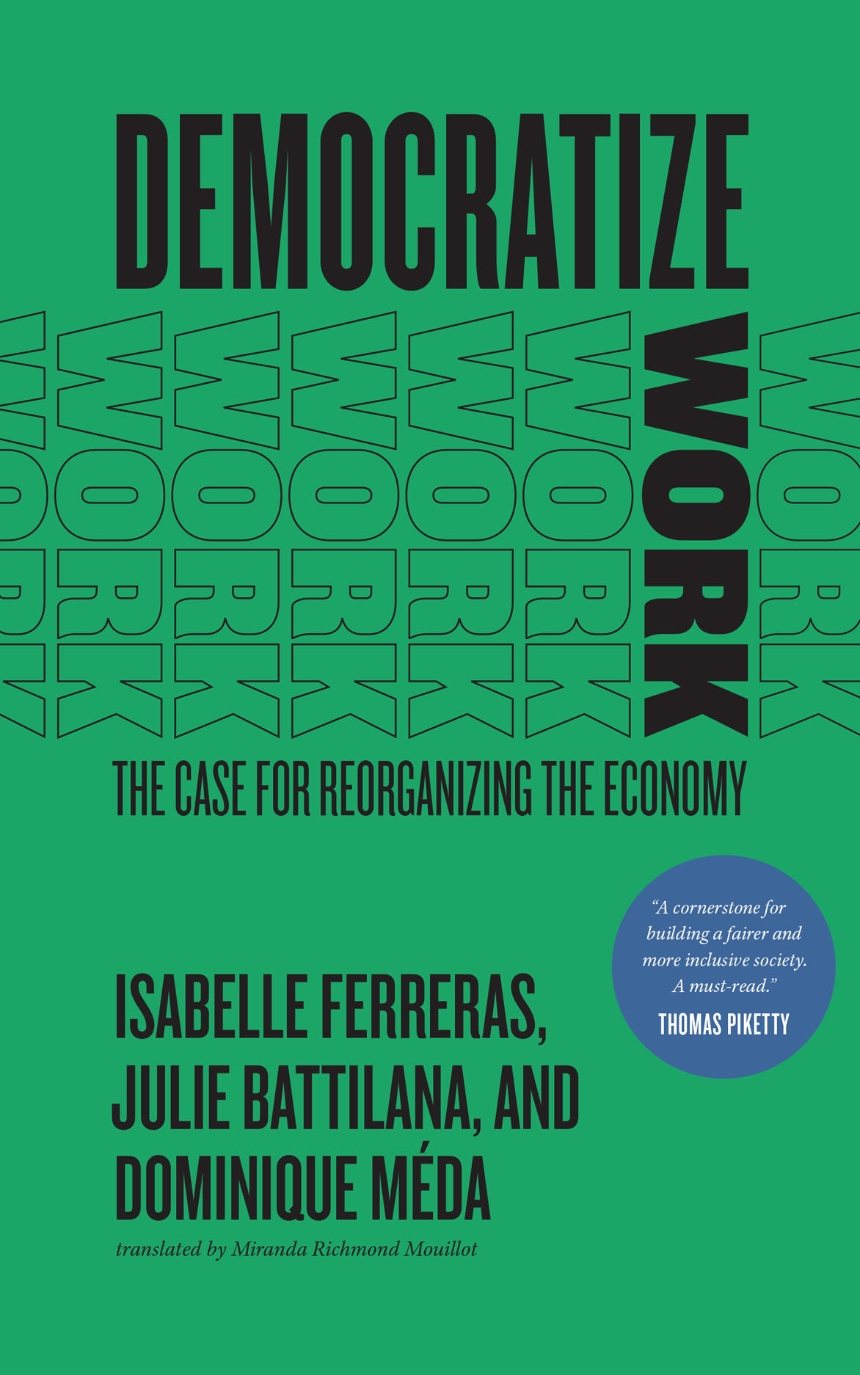We are honored to announce that the Municipal Finance Journal (MFJ) has joined the Chicago Journals publishing program. The journal is published in partnership with the Center
University of Chicago economist Gary Becker won the Nobel Prize largely for his advancement of human capital theory—the idea that investing in a person’s knowledge
Published this summer, The Politics of Utopia is a fascinating retelling of the first banking and financial collapse in eighteenth-century France. This week, we’re sharing
It’s that time of year yet again. The skies are grey, the sidewalks are dusted with snow, and the biting winter wind slices through each
The University of Chicago has a long, storied history within the field of economics. While Milton Friedman looms large within Chicago’s legacy, The Monetarists explores
In Easy Money: American Puritans and the Invention of Modern Currency, Dror Goldberg tells the lesser-known history of how modern money was invented in a
Phenomenal World Books is a new publishing endeavor that seeks to elevate the political-economic investigations necessary to understanding the social world. Aimed at cohering a
In Democratize Work: The Case for Reorganizing the Economy sociologists Isabelle Ferreras, Julie Battilana, and Dominique Méda interrogate how capitalism has dwarfed democracy, leading to
The time has come. Flat, blue skies press down overhead, a few eager leaves begin to wither on their branches, and there’s the slightest coolness
In their new book, Leave Me Alone and I’ll Make You Rich, economists Deirdre McCloskey and Art Carden summarize what they call “The Bourgeois Deal.”








